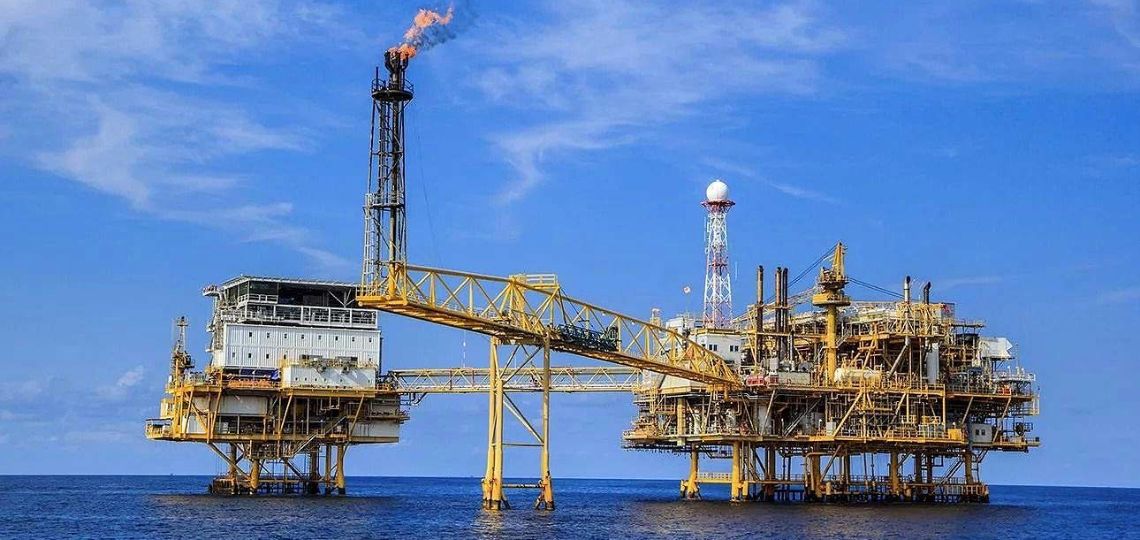The Argentine justice gave the green light to an offshore oil exploration in three areas off the Atlantic coast near Mar del Plata (center), a controversial project targeted by several protests in the past.
A federal court in Mar de Plata (400 km south of Buenos Aires) suspended exploration off the coast of the seaside resort, a popular summer destination for Argentines, in February, and then demanded an extensive environmental impact study in June.
The procedure was aimed at an authorization for seismic exploration studies granted at the end of 2021 by the government (center-left) of Alberto Fernandez to the company Equinor (Norway), jointly with the Argentine public company YPF and the Anglo-Dutch Shell, in areas located in the Argentine Sea, about 300 km from the coast.
The appeal chamber of Mar del Plata considered that the guarantees have been provided by the government, through the National Parks Administration, and by the consortium, and authorizes “the continuation of exploration activities”, according to the resolution cited by the official agency Telam.
But the judges imposed several conditions: the presence of “permanent observers” from a recognized inter-ministerial scientific organization, “Pampa Azul”, a distance of at least 50 km between the seismic exploration and the so-called “Blue Hole” zone, considered a marine sanctuary and feeding area for the southern right whale, and the “immediate suspension” of the exploration at the slightest sign of “significant damage” to the environment.
At the beginning of 2022, several thousand demonstrators protested in front of the beaches of Mar del Plata against the exploration project.
Rallies were held in other cities along the coast.
Greenpeace Argentina, which had joined the legal proceedings of the mayor of Mar del Plata, denounced an “aberrant” ruling, an “environmental setback”, called a demonstration on Tuesday, and pledged to fight the project in the Supreme Court.
The NGO considers that offshore seismic exploration is “the second largest contributor to underwater noise after military and nuclear testing”.






